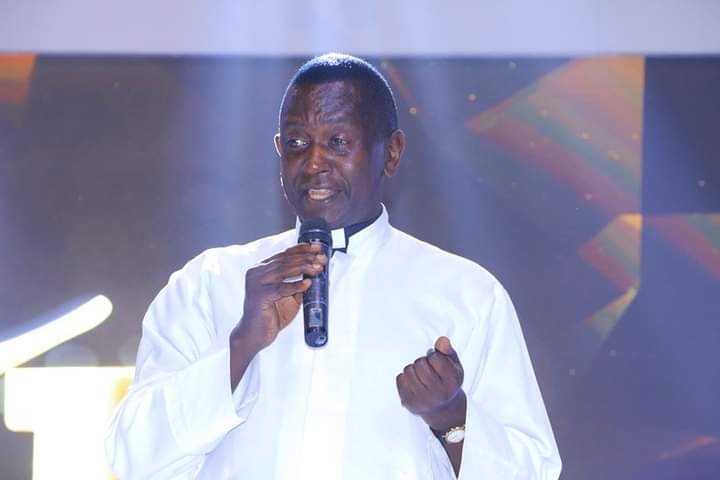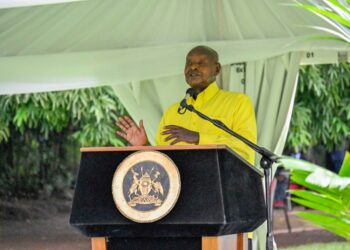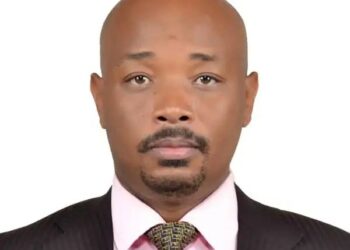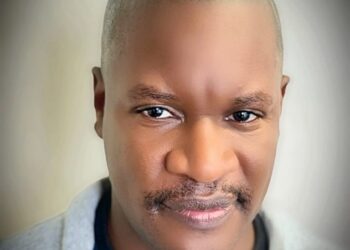Kabaka Mwanga told some young Christian converts at his court to choose between Christianity and loyalty to him as Kabaka.
They chose Christianity, and were martyred at Namugongo in June 1886.
This was a violation of human rights, yet the Kabaka believed that it was a just punishment for disobedience.
However, the right to life, freedom from torture, freedom of conscience, freedom of worship and freedom of assembly are not given by a Kabaka or by a President, or even by the state, but are natural God given rights.
The martyrs stood for those inalienable rights, which cannot be restrained or repealed by human laws.
What provoked Mwanga?
By the mid-1880’s Buganda was in a critical state of ‘cell-division’ with families and clans dividing up between Muslims, Protestants, Catholics and Baganda Traditionalists.
Kabaka Mwanga adhered to traditionalist beliefs, but was increasingly displeased with the new reality of diverse beliefs among his subjects.
As the influence of these religions grew, unquestioning obedience to the Kabaka waned.
When some youth at his court refused to acquiesce to Mwanga’s sexual advances, he initiated the well known martyr’s massacre at Namugongo.
The martyrs’ rebellion was a religious, cultural and political challenge, since defying the king was unheard of, and he symbolized all three.
The martyrs stance was also subversive to the status quo, to the ‘peaceful’ and settled life of the Baganda, according to its religious, cultural and political norms. Those who disturbed it were to be ‘crushed’.
Their rejection of the king’s demands was also a possible incitement to public disorder.
What if other christians did the same? He chose to execute some of them as an example, it was pre-emptive.
Although the martyrs’ rebellion was not politically motivated, it had political implications because the different religious groups in Buganda in the 1880s were becoming distinct polities, and loci of power.
There are moments in history when religion and politics must face each other in the same space (which some politicians fail to grasp).
Spirituality and politics spring from the same human needs for justice, equity, peace, freedom and happiness, and so their separation may not always be clear.
The doctrine of separation of church and state is limited, since it pertains principally to governance and structures of the state and the church.
It is not an absolute theory, but a practical necessity. Politicians and clerics can act as citizens of the state or members of the Church or both.
A politician may think spiritually, and act politically. A cleric may think politically and act spiritually.
Christianity itself is not beyond politics. Christ inaugurated the ‘kingdom of God’ via the church which historically has had political influence, first in Constantine’s Roman empire, and later elsewhere in the world.
It is this ‘kingdom’ idea which brought Jesus into conflict with Jewish and Roman authorities because of its political connotations.
Was it clear to all what Jesus meant by the ‘kingdom of God’? Probably not. And not even today.
Pilate the Roman governor asked Jesus during his trial: “Are you a king?” (John 18:37).
Jesus says his kingdom is “not of this world”, which could mean anything.
Why did Pilate ask this question, what was his anxiety, religious or political?
At another earlier moment Jesus’s followers had wanted to seize him and install him as the messiah King of Israel.(John 6:15).For the Jews, the Messiah would be both a political and religious king.
It is no surprise therefore, that Kabaka Mwanga, a political leader was overthrown by the ‘abasomi’ Muslims and Christians (supported by the British) in 1888, because of his brutalities towards them.
One could say that the ‘abasomi’ were the equivalent of the ‘opposition party’ in Buganda, yet they were religious adherents who today would be called ‘sectarian’. They were a powerful force.
What they opposed however, was the dictatorship of the existing ‘ruling party’ at that time, namely Mwanga and his traditionalist loyalists, whose regime had become violent, abusive, and anti-people.
They opposed the denial of the right to life, to believe and worship God as they understood God to be.
The Kabaka felt that his will and the ‘security’ of the Buganda kingdom superceded such rights. But he was wrong.
Mwanga abducted, tortured and murdered, the martyrs for no other reason than opposing Fr him and his ‘ideology’, whatever that was, and this is why he had to be removed.
Human rights must be respected.
Do you have a story in your community or an opinion to share with us: Email us at editorial@watchdoguganda.com












